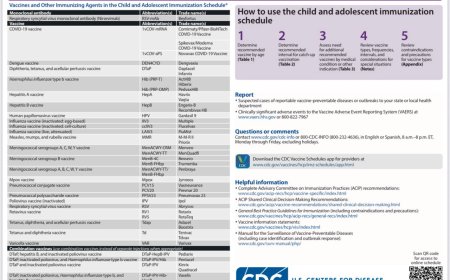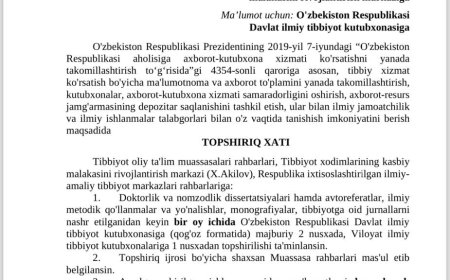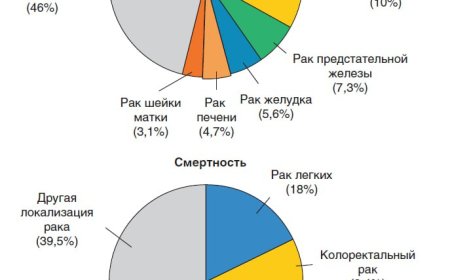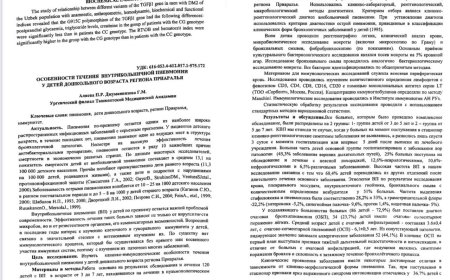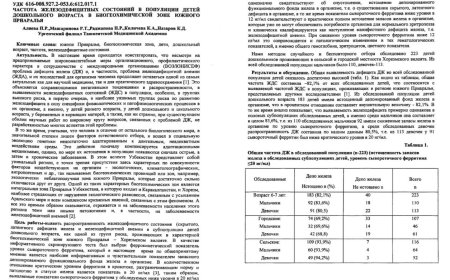Этические основы применения искусственного интеллекта в медицинских исследованиях: путь к добросовестности.

Этические основы применения искусственного интеллекта в медицинских исследованиях: путь к добросовестности, 2024 (статья на англ языке)
Abstract
The integration of Artificial Intelligence (AI) into healthcare research promises unprecedented advancements in medical diagnostics, treatment personalization, and patient care management. However, these innovations also bring forth significant ethical challenges that must be addressed to maintain public trust, ensure patient safety, and uphold data integrity. This article sets out to introduce a detailed framework designed to steer governance and offer a systematic method for assuring that AI applications in healthcare research are developed and executed with integrity and adherence to medical research ethics.
Keywords: Artificial intelligence, Ethical framework, Healthcare research, Ethical Principles, Integrity, Patient safety
Core Tip: This editorial sets out to introduce a detailed framework designed to steer governance and offer a systematic method for assuring that artificial intelligence applications in healthcare research are developed and executed with integrity and adherence to medical research ethics.
INTRODUCTION
The integration of artificial intelligence (AI) into healthcare research marks a pivotal shift towards groundbreaking advancements in diagnostics, treatment, and patient care management. This evolution, however, introduces a spectrum of ethical challenges that necessitate meticulous scrutiny and governance. At the heart of these challenges are concerns over privacy and confidentiality, as AI solutions require access to extensive patient data, raising significant risks to individual privacy[1]. The issue of informed consent also becomes more complex, as the applications of AI in healthcare research may extend beyond the scope of traditional consent frameworks, necessitating updated procedures that transparently communicate the potential uses of patient data[2,3].
Moreover, the inherent risk of bias in AI algorithms presents a critical ethical dilemma, with the potential to perpetuate existing disparities in healthcare outcomes[4]. Ensuring fairness and addressing biases is paramount to uphold ethical standards in AI-driven healthcare solutions. Transparency and explainability of AI decision-making processes are essential to maintain trust and accountability, particularly in a field that is sensitive such as healthcare[5]. The question of accountability for AI-driven decisions further complicates the ethical landscape[6], alongside concerns about equitable access to AI benefits, which could inadvertently widen health disparities[7].
Addressing these ethical challenges is crucial to leveraging AI in healthcare research responsibly. It requires a collaborative effort from researchers, ethicists, policymakers, and the broader healthcare community to develop a comprehensive ethical framework. Such a framework aims not only to mitigate risks but also to ensure that AI advancements contribute positively to patient care, uphold patients’ rights, and promote equity. Although there is significant discussion in academic circles about the essential need for a robust ethical framework to oversee the integration of AI in healthcare research, current literature lacks a detailed framework that articulates foundational ethics and sets the operationalization guidelines and the implementation principles. Our research represents an innovative step toward creating a thorough and solid ethical structure. This proposed framework is designed to protect ethical integrity and ensure the highest ethical practices in AI healthcare research.
Файлы
Какова ваша реакция?







